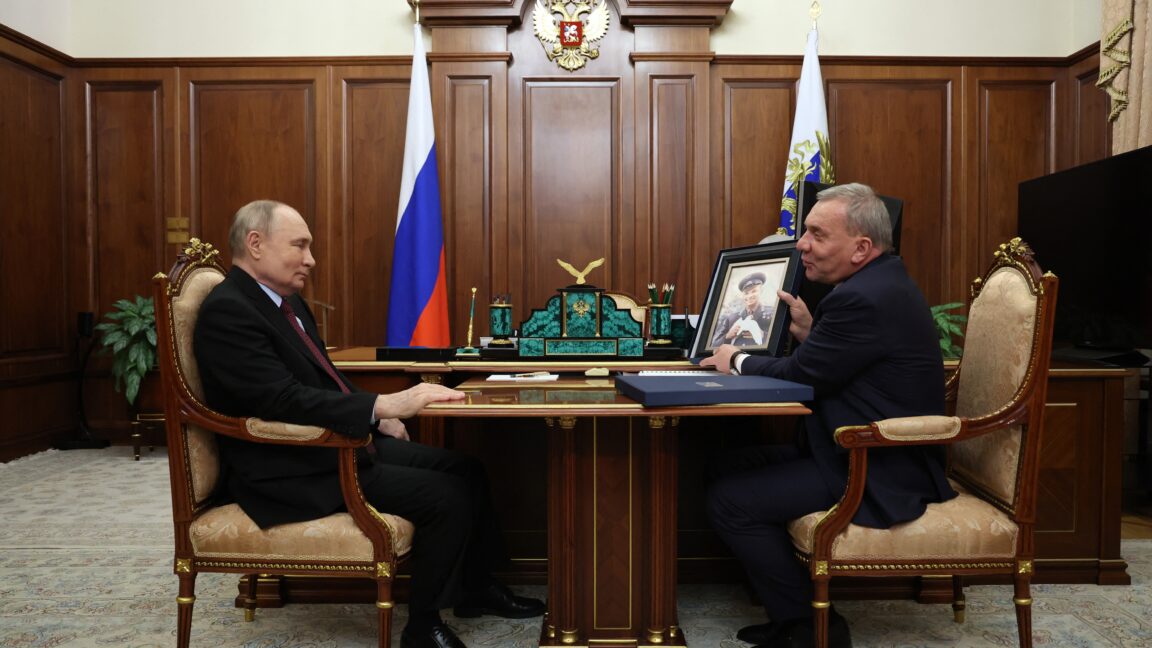
“Space is an area of activity where there is never a 100 percent guaranteed result, and failures hound everyone,” he said. “I literally just finished reading a very interesting volume, the history of the formation of Elon Musk’s company SpaceX. His Falcon 1 had three failures. He had practically put everything he had on launch four, which, thank God, was successful, and opened the road for him. It was a very close-run thing—it was possible to lose the whole business. There are no 100 percent guarantees.”
Borisov also discussed the challenges of getting private investment in spaceflight activities as has occurred in the United States and, to a lesser extent, in China, Europe, and India.
A Russian Starlink
“In the West, particularly in America, 70 percent of space services are provided by satellite constellations created by private companies,” he said. “This process has only just begun with us. This is a very risky business for potential investors.”
The Russian government is seeking to stimulate private investment in space by offering a guaranteed demand for services and forward contracts. Although Borisov did not directly address Russia’s costly war in Ukraine, he referred to it obliquely as one challenge to raising private money for space investments.
“Right now, the dynamic growth of private space is being influenced by the general economic situation, high inflation and interest rates, which leads to expensive money for private investors,” he said. “We can hope that this will be a temporary period and more favorable times will come soon.”
An area in which Russia is most interested to see private companies step up is in the development of a counterpart to the Starlink Internet constellation developed by SpaceX over the last decade. A private company named Bureau 1440 (that is the number of orbits completed by the Sputnik satellite) has indicated its intentions to design and develop a similar service, and Borisov is seeking others that will become serious entrants in the market. He added that Russians will be able to log into an analog of Starlink by 2030, “guaranteed.”
One project that is not moving forward is Russia’s often discussed plans to build a super-heavy lift rocket. “Exploration of deep space, conducting scientific experiments and flying to distant planets without a super heavy booster is not possible,” Borisov said. However, the current budget for Roscosmos does not include plans to build such a large rocket. That could change in 2026, but Borisov does not sound optimistic. “It’s not going to happen soon,” he said. “It’s an expensive undertaking.”




















+ There are no comments
Add yours